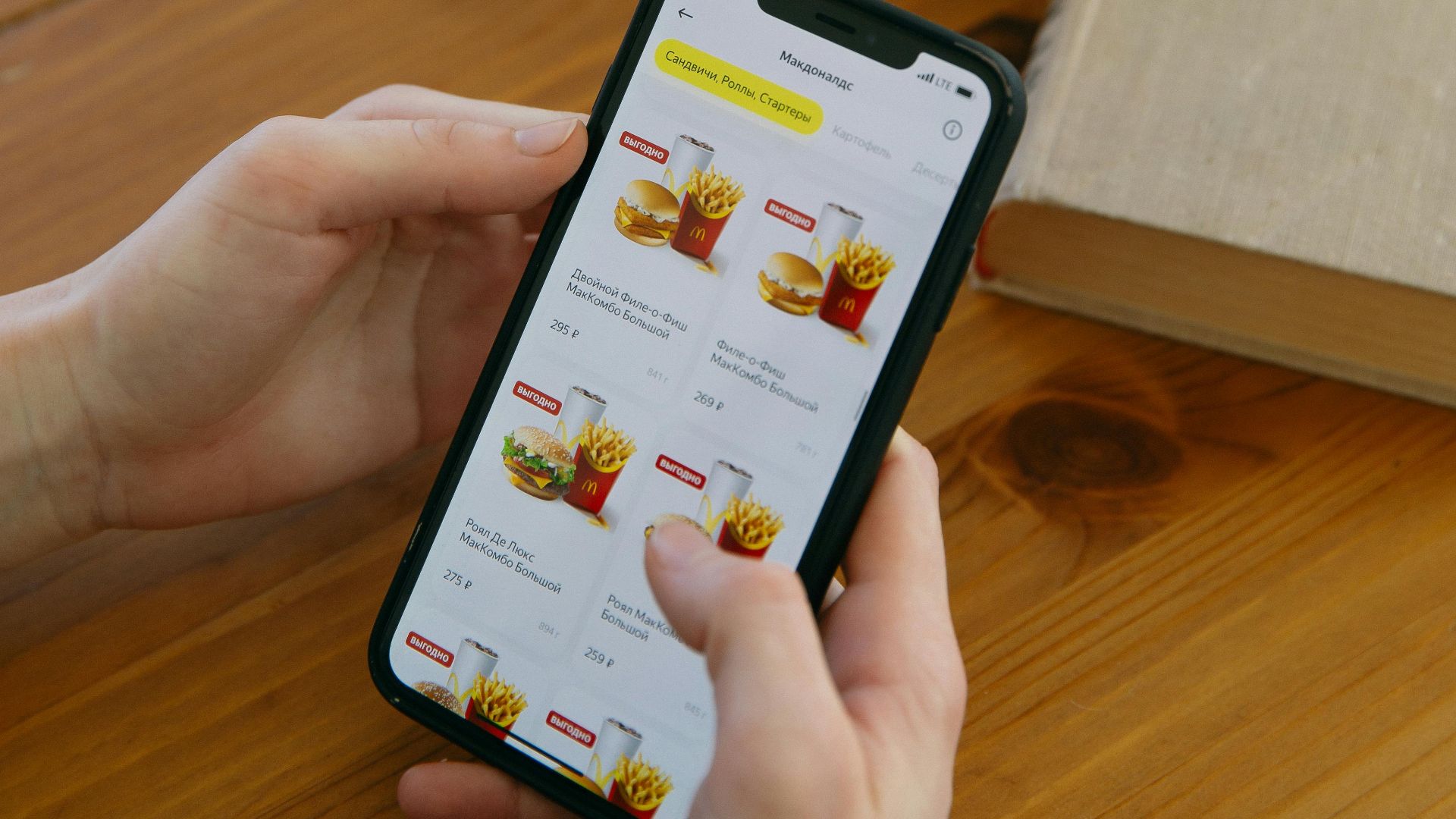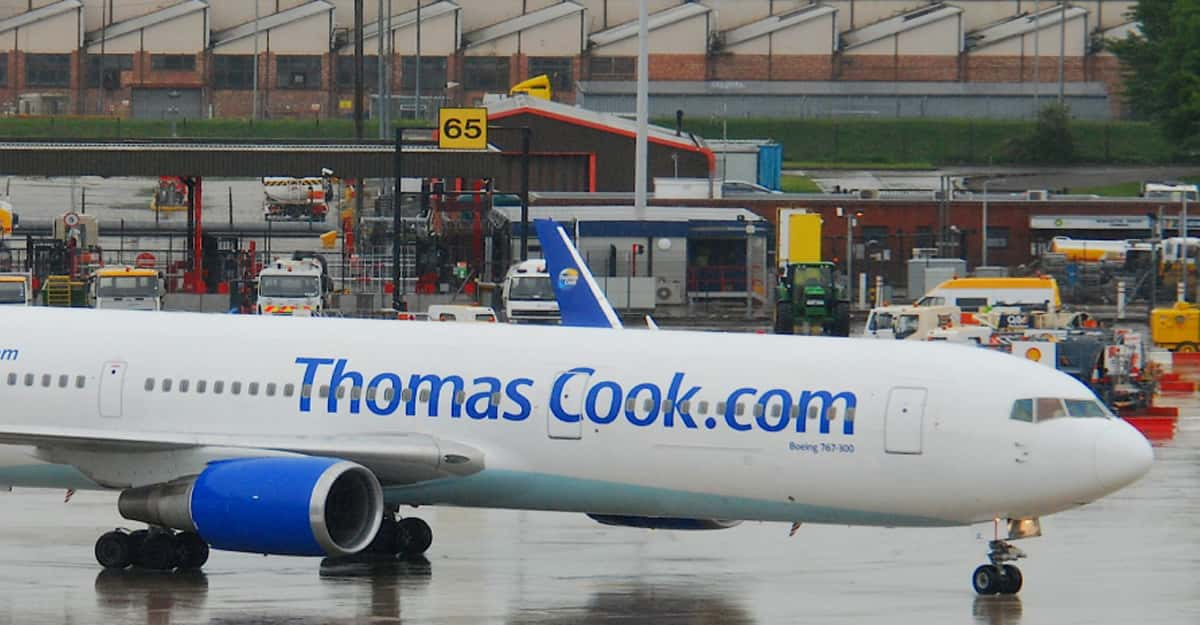Moments That Quietly Empty Wallets
Small habits and overlooked moments often drain more cash than major purchases. Many Americans lose hundreds each year without realizing it, simply because spending creeps in where it feels harmless.

Shopping When You’re Sad Or Stressed
Retail therapy may feel comforting in the moment, but emotional spending rarely provides long-term relief. Many Americans turn to shopping when facing anxiety, stress, or sadness, believing new purchases will boost their mood.
Shopping When You’re Sad Or Stressed (Cont.)
Unfortunately, this behavior often creates buyer’s remorse once the emotional high fades. Stress triggers impulsive decisions, making shoppers more likely to choose items they do not need or cannot afford. Experts suggest alternatives such as exercise, conversations with friends, or hobbies.
Splurging To Celebrate
Celebrations naturally encourage spending, but overspending after birthdays or personal achievements can quickly derail financial goals. Rewarding yourself with luxury meals or expensive travel can lead to long-term debt if not planned properly.
Revenge Spending After A Breakup
Breakups can spark impulsive purchases fueled by emotion, a trend commonly called revenge spending. Experts recommend redirecting those feelings into healthier outlets, such as exercise or building skills, which offer long-term fulfillment without draining bank accounts or accumulating costly debt.
Revenge Spending After A Breakup (Cont.)
Many individuals convince themselves that buying expensive clothes or electronics proves independence or creates happiness. However, research on emotional spending demonstrates that the relief is temporary, while the financial impact can linger for months.
Being Hungry While Grocery Shopping
Shopping while you're hungry significantly increases the likelihood of overspending. Hunger drives shoppers to purchase more items, particularly high-calorie snacks and convenience foods. Retailers design store layouts to exploit these impulses, placing quick-grab foods at eye level near checkout areas.
Being Hungry While Grocery Shopping (Cont.)
Americans who grocery shop while hungry often fill carts with products they did not plan to buy, raising weekly food bills. Eating a snack before heading to the store and sticking to a prewritten list can reduce unnecessary purchases and help maintain consistent budgets.
Ordering Takeout Instead Of Cooking
Americans spend billions annually on takeout and delivery, with convenience often outweighing cost considerations. Ordering food can be tempting after long workdays, but the price premium compared to home cooking is substantial. As a matter of fact, studies from the Bureau of Labor Statistics show that eating out costs almost five times more per meal than preparing at home.
Ordering Takeout Instead Of Cooking (Cont.)
Delivery apps add service fees and delivery charges that make a simple dinner shockingly expensive over time. Nutritionists also note that takeout meals tend to contain more calories, salt, and sugar. Planning simple recipes or meal prepping can offer savings and health benefits.
Daily Coffee Runs
Coffee shops have become cultural hubs, yet daily visits add significant expense over months or years. A $5 specialty coffee purchased five days a week totals more than $1,200 annually, money that could fund savings, investments, or debt payments.
Daily Coffee Runs (Cont.)
Many Americans underestimate the cumulative cost of small purchases, a phenomenon known as the latte effect. Brewing coffee at home costs pennies per cup and offers similar enjoyment without financial strain. Occasional treats can be reasonable, but establishing boundaries around frequency ensures indulgences do not overtake budgets.
Paying For Convenience Fees
Convenience often comes at a premium, and fees quickly add up without notice. ATM charges, delivery surcharges, or ticket processing fees might seem small, but repeated over months, they become expensive drains on your budget.
Paying For Convenience Fees (Cont.)
People pay billions annually in bank-related fees alone, according to industry data. Many of these costs are avoidable by using in-network ATMs or booking tickets directly. Small adjustments can eliminate recurring fees, and when multiplied over years, those savings can rival investment contributions.
Buying Pre-Packaged Or Pre-Cut Groceries
Supermarkets tempt shoppers with pre-cut vegetables and ready-to-cook meals, but these convenience items often carry significant markups. Learning basic knife skills and setting aside preparation time helps avoid these inflated costs. Preparing ingredients at home also ensures fresher and better-portioned meals.
Forgetting To Cancel Free Trials
Free trials are designed to hook consumers, but companies count on forgetfulness to generate revenue. Email reminders frequently go unnoticed, especially if users signed up impulsively. Tracking trial sign-ups with calendar alerts or management apps prevents these charges from slipping through.
Double-Dipping On Insurance Coverage
Insurance companies frequently offer add-ons or overlapping policies that sound protective but provide little real benefit. Extended rental car coverage or duplicate travel protection may already be included in credit card benefits or existing homeowner’s policies. Paying for the same coverage twice wastes money without adding security.
Double-Dipping On Insurance Coverage (Cont.)
Reviewing policies often reveals redundancies where consumers could save hundreds annually. Carefully read the terms and understand what coverage you already possess. Streamlining policies eliminates duplication and ensures you’re only paying for protection you genuinely need.
Holiday Shopping Sprees
Holiday promotions create a sense of urgency that often leads to overspending. Retailers use limited-time deals and festive marketing to encourage bigger carts than necessary. Setting clear spending limits and avoiding impulse buys helps maintain financial balance.
Black Friday Or Flash Sales
Sales events like Black Friday or flash discounts often push consumers into buying items they wouldn’t normally consider. The psychological pressure of “limited time only” promotions creates a fear of missing out, driving unnecessary purchases. While some discounts are genuine, many retailers inflate prices beforehand to exaggerate savings.
Black Friday Or Flash Sales (Cont.)
A lot of shoppers frequently regret impulse buys from these events, realizing later that the items weren’t needed. Americans collectively spend billions annually during such sales, with significant portions tied to non-essential goods. Approaching sales with preplanned lists and strict budgets allows consumers to capture true deals without falling into financial traps.
Back-To-School Shopping
Families across the United States spend heavily on supplies and clothing before each school year. Buying branded supplies, electronics, or clothing beyond the essentials strains household budgets. It’s recommended to review existing supplies before shopping and compare prices across retailers.
Weddings And Related Costs
Weddings represent one of the most financially intense life events, with costs often exceeding initial budgets by thousands of dollars. Emotional significance and societal expectations encourage spending beyond necessity.
Weddings And Related Costs (Cont.)
While celebrating marriage is important, overspending on unnecessary extras can create financial stress at the beginning of married life. Setting priorities and focusing on meaningful rather than lavish choices helps couples celebrate their union without burdening future financial stability.
Moving Into A New Home
Relocating is expensive beyond the basic costs of buying or renting. People spend heavily on new furniture and appliances immediately after moving, driven by the desire to make their space feel complete. Instead of rushing, experts recommend staggering furniture and decor investments over time, focusing first on essentials.
Vacations And Travel Upgrades
Vacations provide rest and adventure, yet many travelers overspend on unnecessary extras. Upgrades to larger hotel rooms or premium excursion packages add thousands of dollars without significantly improving the overall experience. It’s important to set budgets and pre-booking essentials to enjoy without creating unnecessary debt.
































